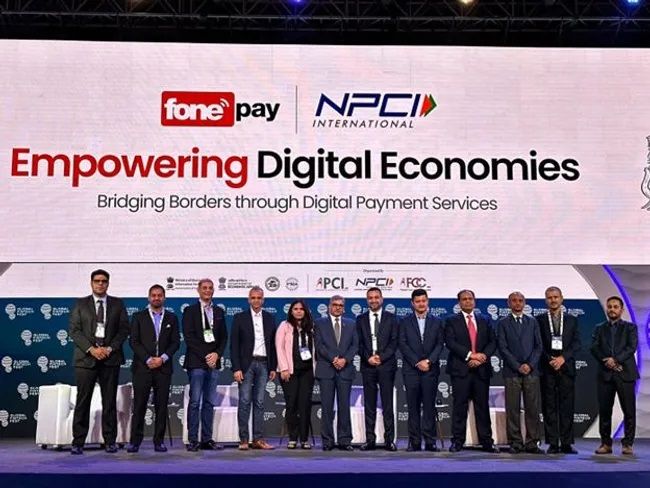The concept of a cashless economy is fascinating. In this economy, money changes hands digitally. This means you can buy things or services without cash. You use cards, phones, or the internet. Countries around the world are moving toward this system. But who is leading the race? Let's find out.

Credit: www.acnnewswire.com

Credit: www.theceo.in
What is a Cashless Economy?
A cashless economy is one where money is electronic. You do not need paper notes or coins to pay. Instead, you use digital wallets, online banking, and cards. It is easy, fast, and often safer.
| Benefit | Description |
|---|---|
| Convenience | Payments are quick and can be done from anywhere. |
| Security | Less cash means a lower risk of theft. |
| Efficiency | Transactions are faster and record-keeping is easier. |
Which Countries are Embracing the Cashless Economy?
Several countries are moving toward less cash. They use more digital payments. Yet, some are ahead. Here's a look at a few:
- Sweden: It is almost cashless. Most people pay with cards or apps.
- China: Mobile payments are very popular here. Apps like Alipay and WeChat Pay rule.
- Canada: Canadians love to pay by card. Contactless payments are growing too.
- South Korea: It is known for high tech and digital payments are part of life.
A Closer Look at the Leaders
Sweden: The Almost Cash-free Society
Sweden is often seen as the top cashless country. Many shops in Sweden do not take cash at all. Swedish people like the ease of paying with apps like Swish. Even children use digital money for their allowance.
China: Mobile Payments Take Over
China has a huge leap in going cashless. Two apps, Alipay and WeChat Pay, have changed how the Chinese pay. Most Chinese people find it easier to use their smartphones for payments.
Canada: Embracing Tap-to-pay
Canada's use of credit and debit cards is high. Contactless payments have become common. Many people tap their cards to pay for small things.
The Future of Cashless Payment
The future looks bright for cashless payment. Tech is getting better all the time. Soon, we could be paying with things like watches or rings. More countries will join the list of cashless leaders. But challenges lie ahead too.
- Getting everyone access to digital payments is tough.
- People must trust digital money as much as cash.
- Making sure the tech is safe is very important.
Frequently Asked Questions For Which Country Has Cashless Economy? Unveiling Leaders
Which Country Leads In Cashless Transactions?
Sweden stands at the forefront of transitioning to a cashless economy, with widespread adoption of digital payment systems.
How Does Cashless Economy Impact Society?
A cashless economy can streamline transactions, reduce crime, and improve financial inclusion but also raises privacy and security concerns.
What Are The Benefits Of A Cashless Economy?
Cashless economies enjoy reduced transaction costs, improved efficiency, lower crime rates associated with cash, and easier spending tracking.
Can A Cashless Economy Improve Financial Inclusion?
Digital financial services in a cashless economy can increase access to banking for underbanked populations, thereby enhancing financial inclusion.
Conclusion
As we've seen, a cashless society is becoming a reality in many parts of the world. Sweden and China are at the front. But many countries follow close behind. The ease and safety of digital money are hard to beat. It will be interesting to watch how a cashless economy evolves. It's an exciting time for payment tech and how we all use money.


0 Comments
Hi,Friend
Thanks a lot of our comments...